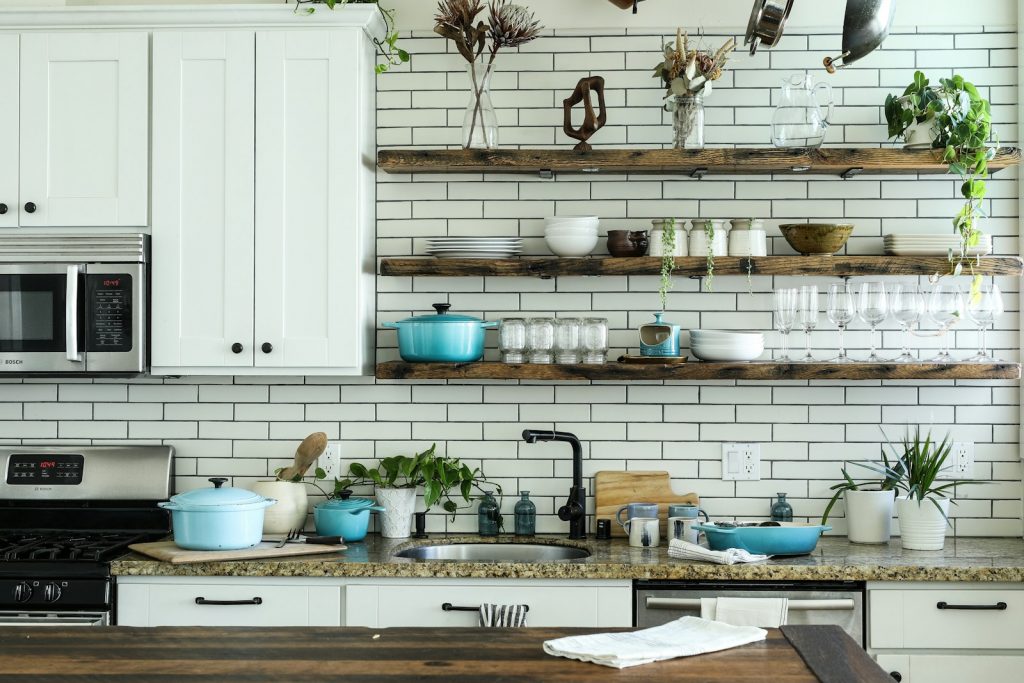In today’s world, eco-friendly living is more important than ever. Climate change, rising energy costs, and environmental damage have made many people rethink how they live. But what does it really mean to have an eco-friendly home? This guide breaks it down—step by step. From the building materials you choose to your daily habits, we’ll show you how to create a more sustainable, healthier home.
What Is an Eco-Friendly Home?
An eco-friendly home is one that works with the environment, not against it. It uses fewer natural resources, produces less waste, and keeps indoor air clean. It’s built and run in a way that protects nature and saves money over time.
But sustainability isn’t just about solar panels or fancy tech. It’s also about small, simple choices: turning off lights, choosing reusable products, and reducing waste. Every action counts.
At its core, an eco-friendly home:
-
Reduces energy and water use
-
Uses natural or recycled materials
-
Produces less waste
-
Supports a healthy indoor environment
These ideas guide every part of sustainable living.
Use Sustainable Building Materials
If you’re building or renovating your home, your material choices matter. Some materials harm the planet. Others help preserve it.
Here are some better choices:
-
Bamboo grows fast and is strong. It works well for floors and furniture.
-
Reclaimed wood gives old timber a second life. It adds style and reduces waste.
-
Recycled metal and glass are durable and lower your carbon footprint.
-
Non-toxic paints improve indoor air quality and are safer for your family.
Tip: Look for materials that are local, renewable, and made without harmful chemicals.
Improve Your Home’s Energy Efficiency
Energy use is a big part of your home’s environmental impact. Reducing it saves money and cuts emissions.
Start here:
-
Insulate your home to stay warm in winter and cool in summer.
-
Switch to LED lights, which last longer and use less electricity.
-
Use energy-efficient appliances with the Energy Star label.
-
Install smart thermostats to control heating and cooling from your phone.
-
Add solar panels to produce clean energy at home.
Even small upgrades, like sealing drafty windows, can lower your energy bill.
Save Water—Every Drop Counts
Water is a limited resource. Many areas already face water shortages, and demand keeps growing.
To use less water at home:
-
Install low-flow showerheads, faucets, and toilets
-
Choose efficient dishwashers and washing machines
-
Fix leaks quickly—they waste more than you think
-
Collect rainwater for garden use or toilet flushing
Simple habit changes also help. Turn off the tap while brushing your teeth. Run full loads in the washer. Water your garden early or late to cut evaporation.
Build Better Habits for Everyday Sustainability
A truly eco-friendly home isn’t just built—it’s lived in the right way. The small things you do each day matter.
Try these low-effort habits:
-
Unplug devices when you’re not using them
-
Recycle and compost food waste
-
Use reusable bags, bottles, and containers
-
Buy second-hand when you can
-
Choose local and seasonal food
Also, reduce car use where possible. Walk, bike, or take public transport to cut emissions.
Embrace Green Technology
Technology can make your home smarter and greener. These tools help you use fewer resources and live more efficiently.
Some great options:
-
Solar panels to power your home with clean energy
-
Battery storage to save extra power for later
-
Smart lighting that adjusts to your needs
-
Smart plugs and thermostats to cut energy waste
-
Air quality sensors to monitor your indoor environment
As green tech becomes cheaper and better, it’s easier than ever to go sustainable without giving up comfort.
Final Thoughts: Start Small, Think Long-Term
You don’t need to change everything overnight. Start with what you can. Over time, small steps add up.
Remember:
-
Every choice—from your light bulbs to your grocery list—matters.
-
A sustainable home saves energy, water, and money.
-
It’s better for your health and for the planet.
-
The goal isn’t perfection. It’s progress.
By making thoughtful decisions, you help build a better world—starting at home.


